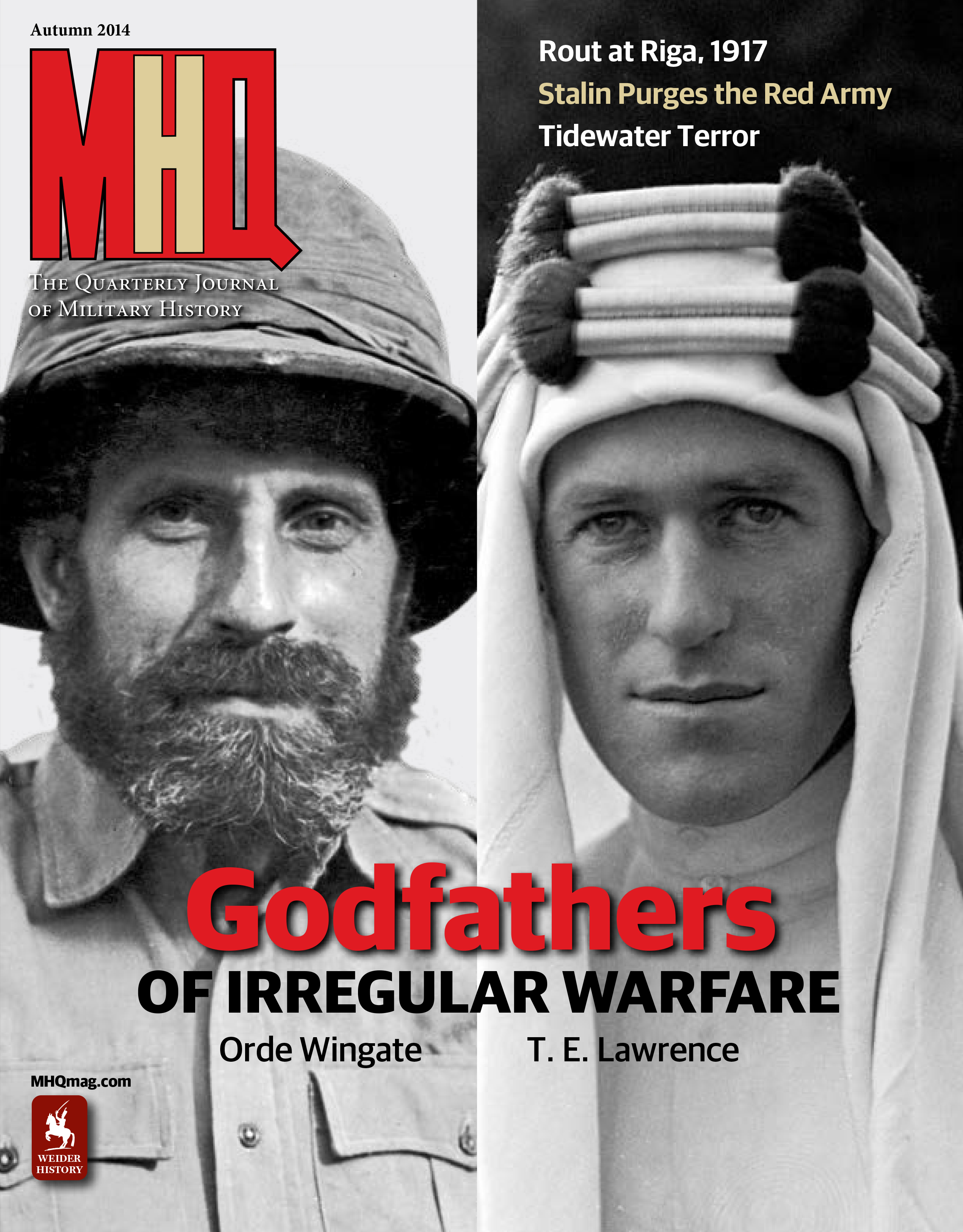- Joined
- Apr 6, 2017
- Messages
- 63,270
- Reaction score
- 52,969
- Gender
- Male
- Political Leaning
- Independent
I know of one poster here that says they are based in Ireland. I was interested to find what the current feeling is regarding the first Lord Protector.
Disclaimer: I was reading some military history recently and learned some things that I had not been aware of.
Disclaimer: I was reading some military history recently and learned some things that I had not been aware of.

